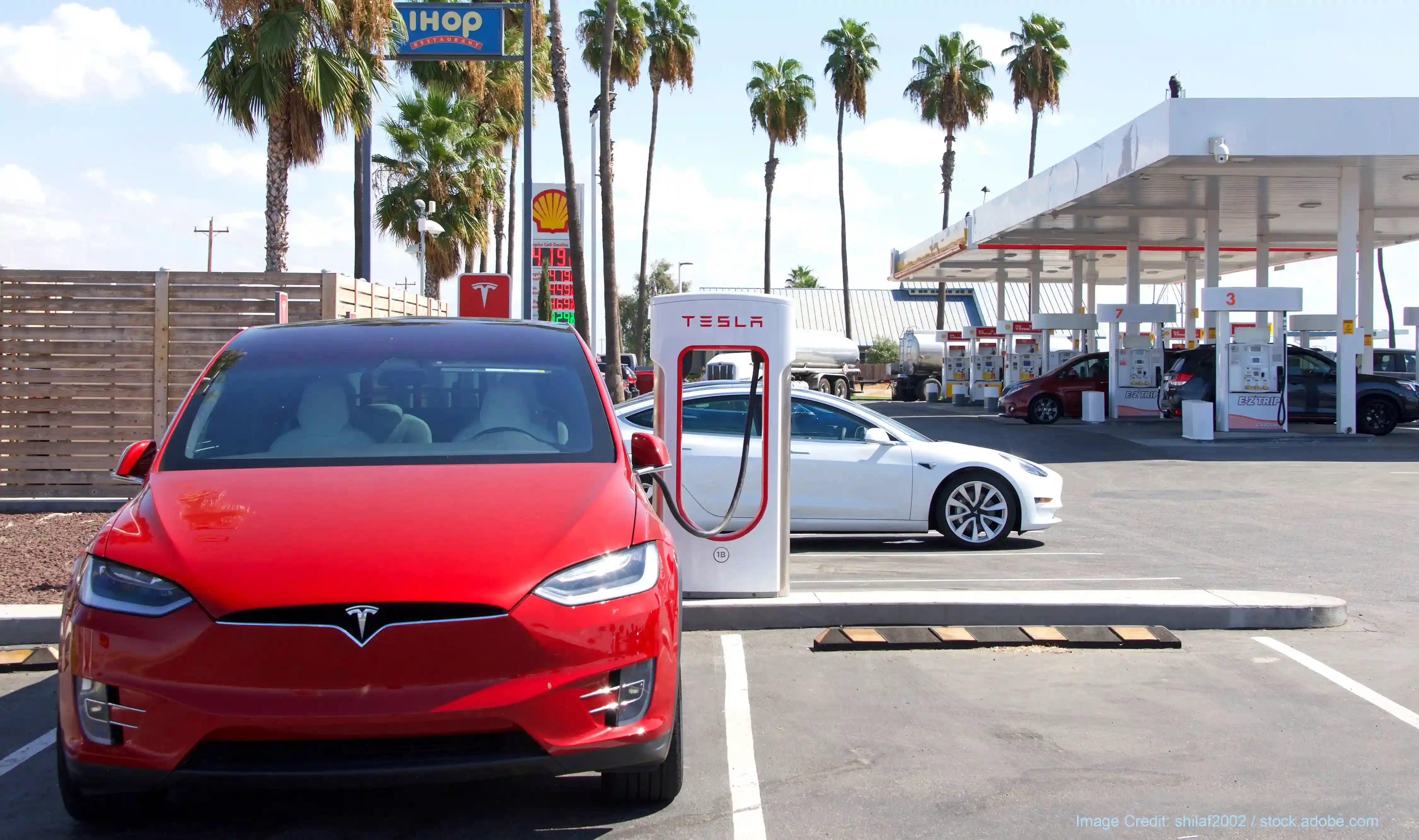Society | Corporation | Tesla
Tesla Redefines Beating Expectations:
Wall Street Expected Bad, Tesla Delivered Worse
Published 03 April 2024 |
Tesla's Q1 2024 production report was one of the most eagerly anticipated events for the company in recent years, coming at the tail end of the company's most challenging period for its stock price. Entering the quarter's conclusion, Tesla was labeled as one of the worst-performing S&P stocks—a stark contrast to its status among the elite 'Magnificent 7'.
The period leading up to the quarter's end was marked by a flurry of analyst price cuts and continued focus on its CEO, yet projections for vehicle deliveries ranged from 420K to 440K. Despite these optimistic forecasts, there was a general consensus predicting a downturn in deliveries compared to both the previous quarter and the same period a year prior.
From Wall Street to newsrooms and YouTube studios, the anticipation for disastrous delivery results was palpable. Tesla, however, managed to surpass these gloomy expectations by delivering results that were even lower than predicted, with a total of 387K vehicles —significantly below the consensus range of 410K to 440K. This unexpected shortfall led to a dramatic response: Tesla's stock plunged by up to 7% in pre-market trading, eventually closing down circa 5% on 02 April 2024.
Analysts were left scratching their heads as YouTubers dissected the results and traders toyed with increasing their short positions. Long-term investors, on the other hand, seemed to view the situation as yet another overreaction to challenges Tesla faces, many of which are beyond its control.

Tesla Explains The Disappointing Results
Tesla pointed to several factors for the decline in deliveries, including an attack on its Berlin Gigafactory power supply and the impact of the crisis in the Red Sea, alongside the launch of the new Model 3 in the US reducing the output of the previous Model 3.
Significantly absent from Tesla's explanation were broader industry challenges such as rising interest rates and the diminishing appeal of IRA incentives in the US. Analysts largely waved off Tesla's reasons, with one analyst likening them to a student's flimsy 'dog ate my homework' excuse.
Despite these hurdles, which would affect any manufacturer, Tesla is often held to a unique standard. The company's temporary dethroning, highlighted by BYD's surpassing delivery run rate, was headline news. Yet, Tesla reclaiming the title in the Q1 2024 report barely made the bylines, underscoring the singular lens through which Tesla's achievements and setbacks are viewed.
Other Automakers Also Struggled This Quarter
BYD reported lower deliveries for Q1 2024, falling short of Tesla's numbers for the same period. Rivian's deliveries exceeded Wall Street expectations, though these expectations had been significantly lowered based on Rivian's own revised quarter guidance. Ford and GM are not anticipated to report noteworthy EV deliveries, with Ford cutting back on production and GM still ramping up to deliver at scale.
Toyota, on the other hand, continues to invest in Hybrids, seemingly stepping back from mass-producing EVs for now. The competition for the future of automotive transport is increasingly evident. The looming price war between Tesla and Toyota is almost upon us, yet the industry remains fixated on the rivalry between Tesla and BYD, which is a non-issue as they are really on the same side of the battle for the future of mobility.
In conclusion, despite ending a tough quarter with setbacks, Tesla is well-positioned for potential growth. The demand for EVs is expected to fluctuate due to various factors such as inflation, interest rates, price cuts in ICE vehicles, the politicisation of the EV debate, the removal of EV incentives, Sino-American relations, and other global dynamics influencing consumer decisions on vehicle purchases.
Tesla stands resilient against these challenges, supported by its advanced manufacturing scale, vehicle technology, a globally distributed network of Gigafactories, a robust balance sheet, and a clear commitment to what is widely acknowledged as the future of mobility.